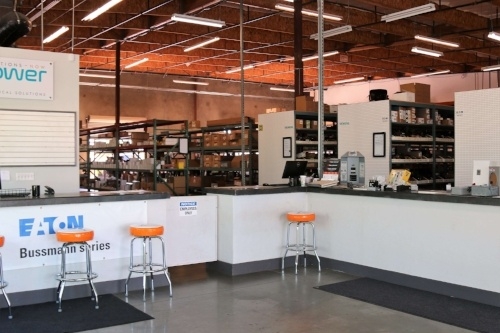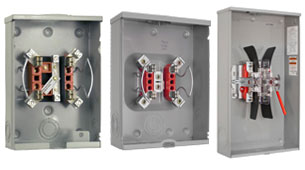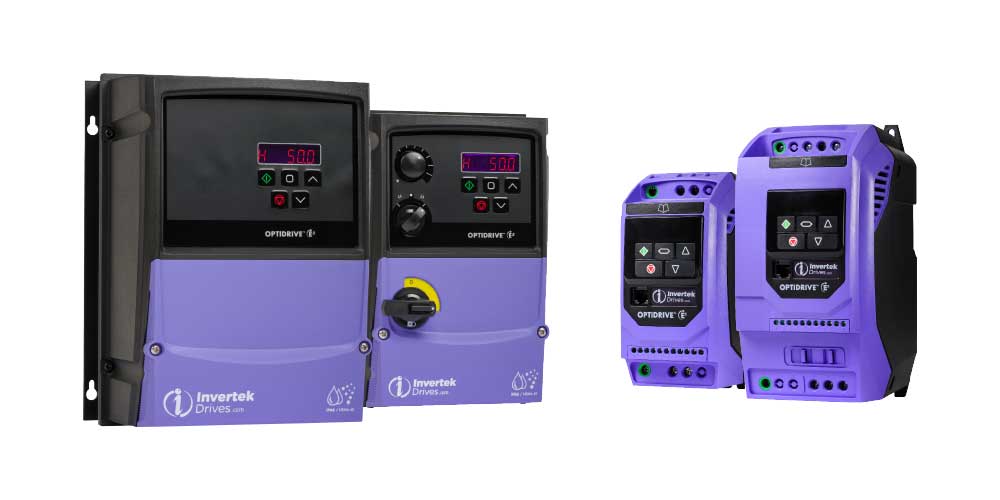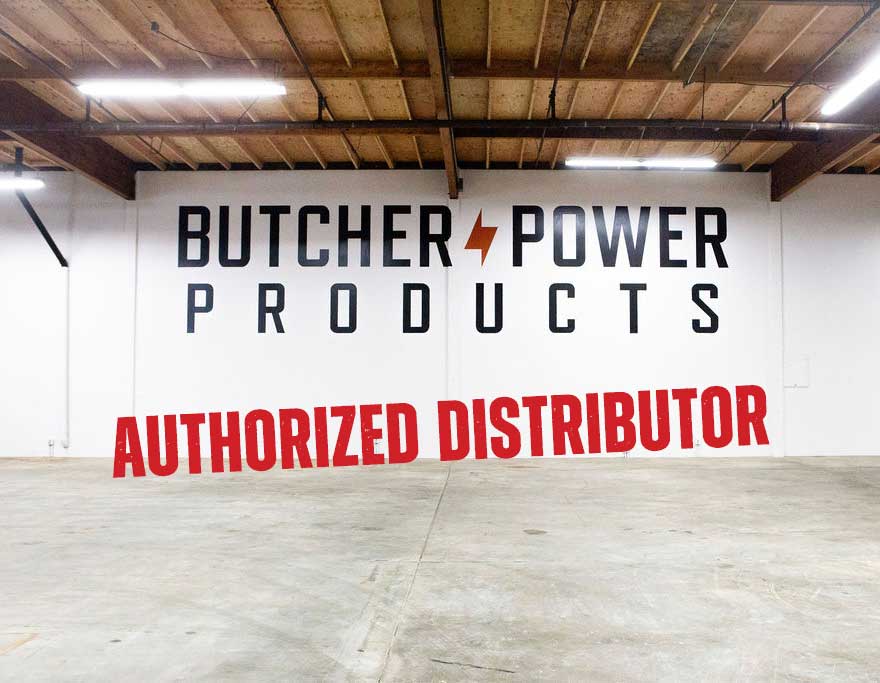Do you have a strategy for dealing with electric motor failure? If not, you could be losing thousands of dollars in ineffective solutions, downtime, and employee hours. At some companies, the strategy is a simple breakpoint: anything below 50 or 75 HP gets replaced, and anything above that gets repaired. These smaller motors are often referred to as throwaway motors.
But is there really such a thing as a throwaway motor? Is it always more cost effective to replace a smaller motor rather than repairing it?
Repair or Replace: Questions to Ask
There are specific costs associated with either repairing or replacing any motor. The question you need to answer is whether repairing or replacing will be the better decision in any given situation. And that takes more than knowing the HP on the motor. Here are some questions you should ask before you make the call:
- What is the cost difference between repairing and replacing?
Take a look at the hard costs of repairing and replacing. One rule of thumb suggests that if repairing the motor costs at least 60% of what it would take to replace, then you should go ahead and invest in a new motor. But there’s more to consider than that.
- How likely is it that the motor will fail again within the next six months to a year?
If you repair a motor and it fails again in the next year, it’s going to cost you a lot more than you initially anticipated. Sometimes you can identify and remove the problem that caused the failure to extend the life of the repair.
- Does the motor have bearing protection?
Lack of bearing protection resulting in fluting damage is a common reason for motor failure. Installing a shaft grounding ring to protect the motor from electrical voltage can extend the life of the motor, prevent future damage, and help you reduce costs.
- How old is the motor?
Obsolete motors may cost more to repair since the parts are not readily available. They may also require more frequent future repairs if other parts fail. Still, if the motor is large and expensive or if it is a custom motor that is difficult to replace, repair may be the more economical option.
- Is it sized correctly?
Choosing a correctly sized motor will save on operational costs and repair costs down the road. A motor that is too large or too small for the job you need may cost more to run and more also wear out faster than it should.
- Does it meet energy efficiency standards? If not, would replacing it be worth the gains in energy efficiency?
Old or outdated motors may not run as efficiently as newer models. In some cases, these motors may eat up significant energy resources, driving your operational costs up. It may be worth replacing the motor to achieve gains in operational efficiency that translate into cost savings. Again, individual circumstances may vary, so take all variables into consideration including the size, age, and model of the motor.
What Additional Costs Should You Consider?
In addition to the hard costs of purchasing, replacing, or repairing a motor, you should also consider these costs:
- Removal and disposal costs
- Labor costs
- Installation
- Alignment and testing
- Transport
- Inventory costs if the motor or its parts must be stored
- Energy costs for inefficiency
- Downtime resulting in lost productivity
Let Bay Power Help You With Your Motor Replacement or Repair
Back to our original question: Is there such a thing as a throwaway motor? The short answer is: It depends. It pays to look at each failure on a case-by-case basis, assess the costs both for repair and replacement, and then make your decision.
Rules of thumb can be helpful, but remember that they do not always take into account the unique needs and circumstances of your situation. Therefore, they may not tell you which is the more cost effective option in every case.
At Bay Power, our goal is to find the best, most cost effective solution for your electrical needs. There are several ways we can help you:
- Call us and talk to one of our electrical specialists about your situation. We’ll help you identify and correct the problem to prevent the need for frequent costly repairs. We can also assess whether a repair or replacement will be the best course of action.
- Visit us online to browse our electrical solutions or download our linecard.
- Request a quote on our website to get an idea of how much it will cost you to repair or replace the motor.
Bay Power is a member of both EASA (Electrical Apparatus Service Association) and IFMA (International Facility Management Association).
Call us today to learn how we can help you with all your electrical and motor control needs!








